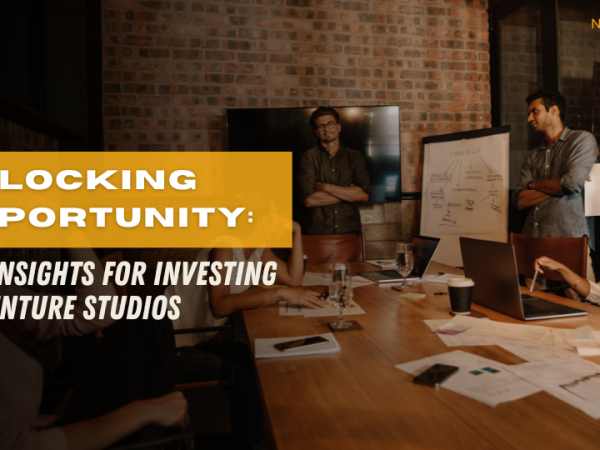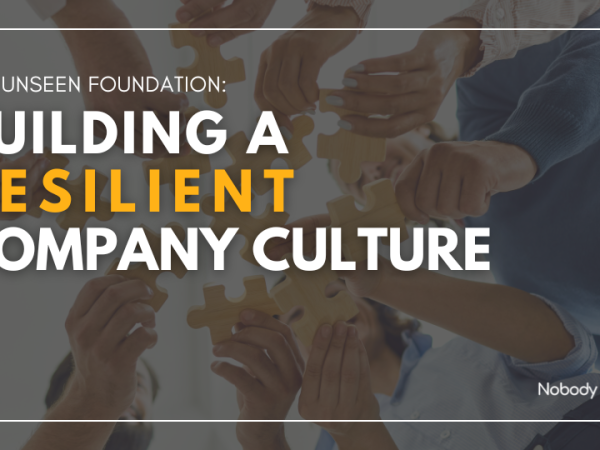
When you hear “startup culture,” what instantly comes to mind? Is it the vibrant imagery of employees clashing paddles around a ping-pong table, the casual comfort of hoodies, or perhaps the modern efficiency of all-hands meetings and endless Slack channels? According to Nobody Studios’ Chief Innovation Officer, Barry O’Reilly, this prevalent perception merely scratches the surface; it’s just branding. The often-uncomfortable truth about most startup cultures is that they aren’t meticulously crafted; they simply “happen,” frequently by accident. And it’s precisely this accidental formation that poses a significant problem for nascent businesses.
Many founders operate under the misconception that culture is defined by superficial perks, an ambiguous “vibe,” or a well-intentioned mission statement languishing in a Notion document. However, Barry offers a profound counter-perspective: culture isn’t merely what you articulate; it’s fundamentally “what you will tolerate”. It’s the intrinsic behaviors exhibited under immense pressure, the integrity of decisions made when no one is observing, and the unspoken rules that govern interactions. And here’s the critical insight: if you fail to intentionally construct your company’s culture, you will inevitably inherit one – a default culture that will, without doubt, impede your progress and slow you down.
Culture as Your Company’s Operating System: The Invisible Code
So, if it’s not the visible trappings, what is culture, truly? Barry eloquently defines it as your “company’s operating system”. Envision it as the invisible, intricate code diligently running beneath every layer of your organization – influencing your product development, shaping the dynamics of your people, and dictating your operational pace. A robust, well-defined culture serves as the definitive answer to pivotal organizational questions: Do we prioritize rapid execution, or do we favor a more deliberate, thoughtful approach? Are our decisions forged through consensus-building, or do we champion decisive, swift action? Do we reward cautious, safe choices, or do we encourage bold, innovative risk-taking?
At Nobody Studios, the approach to culture is anything but accidental; it is by deliberate design. Their culture is meticulously documented, consistently lived out in daily operations, and rigorously upheld through accountability, especially during challenging times. It’s not a nebulous concept or mere “fluff”; it’s foundational infrastructure.
Why Intentional Culture is Your Unfair, Unbeatable Competitive Edge
The profound secret lies in this: startups that cultivate a strong, intentionally built culture from their inception consistently learn faster, perform better, and ultimately outlast their competition. The advantages are multifaceted and highly impactful:
- Attraction of Top Talent: A magnetic, strong culture naturally draws in the brightest and most capable individuals, eager to contribute to an environment that resonates with their values.
- Reduced Friction and Enhanced Alignment: When every team member is deeply aligned with the core values and guiding principles of the culture, operational friction significantly diminishes, leading to smoother, more cohesive workflows.
- Accelerated Pace of Execution: Trust, a cornerstone of strong cultures, is intrinsically built into the organizational fabric. This inherent trust facilitates quicker decision-making and more efficient execution across all levels.
- Resilience Through Pivots: In the volatile world of startups, pivots are often inevitable. Companies with strong cultures possess a unique resilience because their people are committed to the overarching mission, extending beyond the simple incentive of a paycheck. This mission-driven dedication ensures continuity and adaptability during significant strategic shifts.
Nobody Studios has not only theorized about this but has witnessed its tangible impact firsthand across every successful company they’ve built, including their own enterprise. They firmly believe that a strong culture is a core, inseparable part of their organizational DNA.
The most critical mistake founders can make is viewing culture as an optional, secondary consideration. Instead, it’s imperative to reframe it as an “unfair advantage” – a unique differentiator that your competitors simply cannot replicate or copy. So, don’t allow your company’s culture to be a product of chance. Instead, actively build it, meticulously shape it, thoughtfully design it, and then confidently lead with it. Because, in the final analysis, culture isn’t merely the “soft stuff” that gets discussed; it is, unequivocally, the fundamental “stuff that scales” your business to unimaginable heights.


